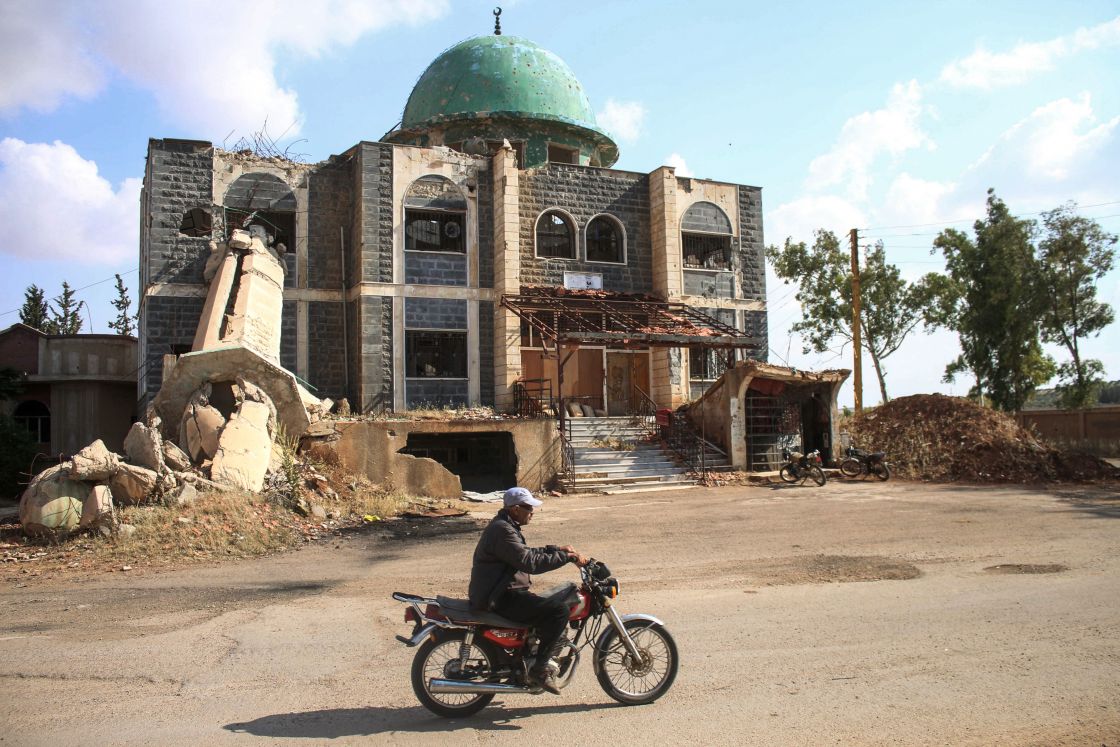- Editorials
- Posted
Kassioun Editorial 1035: On the Meanings of the Daraa Agreement
Things have calmed down in Daraa al-Balad during the past week with the reaching of an agreement under Russian auspices and with Russian monitoring of implementation, though there is still a certain degree of tension in other parts of the Daraa governorate.
The agreement that has been reached is not a final solution to the issue, and all existing agreements are merely temporary solutions until a comprehensive political solution based on UNSC Resolution 2254 begins. However, the main points that can be noted about this agreement are the following:
First: The agreement came as a compromise, and no side was able to impose all its demands. Rather, matters were settled by searching for the minimum common ground, which is what happened.
Second: Just reaching an agreement has reaffirmed that reaching solutions through dialogue is possible and realistic, and that the “militaristic” rhetoric have expired and become history.
Third: The mediating side’s insistence on a solution through dialogue throughout the escalation period led to limiting the number of casualties and destruction, and preventing of displacement.
Fourth: Preventing displacement in and of itself is an achievement resulting from the will of Syrians to remain in their land, which also means that it is an achievement for all Syrians of all alignments and those who wish to end the crisis and reach a political solution. This is because the path towards a political solution passes through having Syrians remain in their land, and through solving the various crises with dialogue, not weapons.
Fifth: Preventing displacement has another meaning as well, and that is the attempts that were supposed to turn Daraa al-Balad into an additional file in the same direction as previous files during the stages of the military conflict, have failed. In other words, the attempt to prevent turning Daraa al-Balad into a turning point that practically reaffirms ending the prospects of military solutions has failed. That is exactly why we say that the slogan of “militaristic” rhetoric has expired, not only in theory, but also in practice.
Sixth: The meaning of the agreement in this sense, and because the extremists were dreaming of blowing up 2254 through escalation and by not reaching an agreement, goes beyond Daraa al-Balad to all of Syria, by emphasizing that there is no final solution to any of the accumulated crises in Syria, except a comprehensive political solution, and through 2254 in particular. What can be done until that solution is reached are partial and temporary solutions.
What is more important than the ambitions and interests of the extremists from all sides is that ending the de facto partition, reunification of the country and its people, and the expulsion of foreign forces from Syria, can only be reached in one way: a political solution that effectively opens the door for Syrians to decide their destiny and the destiny of their country on their own, through dialogue and through democratic and political tools.


